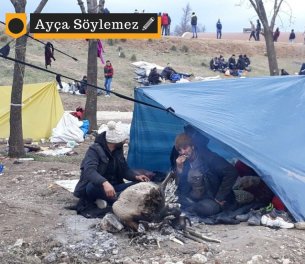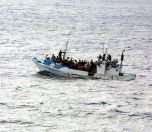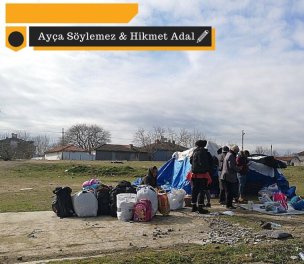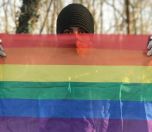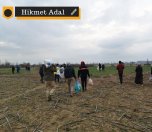* Photos: Damla Atak
Click to read the article in Turkish
In the wake of an attack on Turkish Armed Forces' (TAF) convoy in Syria's Idlib, Turkey made a statement on February 28 and announced that it opened its borders and would no longer stop the refugees trying to leave Turkey for the European Union (EU) countries.
Right after that, over a hundred thousand refugees left everything behind and - hopeful for starting a new life - they set off for Pazarkule border gate in Edirne province, some of them on foot, some of them by their own means, some of them by busses arranged by municipalities...
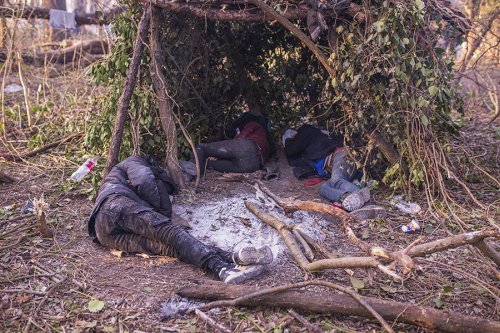
Those who reached Pazarkule border gate wanted to cross into Greece; however, they faced the aggressive intervention of its security forces.
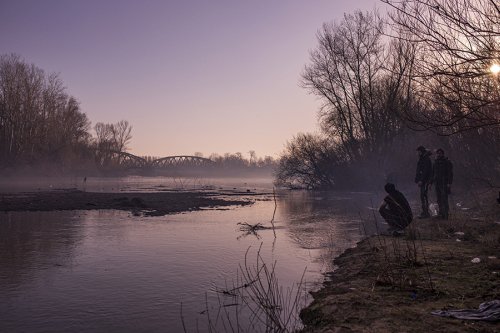
Seeing that the border gate with Greece was blocked by wire fences, busses and soldiers, some refugees set up tents to wait till the gate was opened while others embarked on boats, trying to cross the border by Evros River.
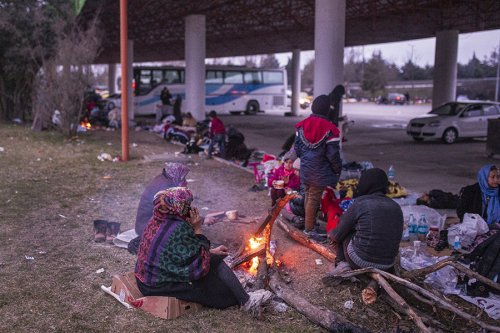
When I set my foot in Edirne bus terminal on March 5, hundreds of refugees were still waiting in and around the terminal as well as inside the derelict building in the area, depending on the aid granted by citizens and non-governmental organizations.
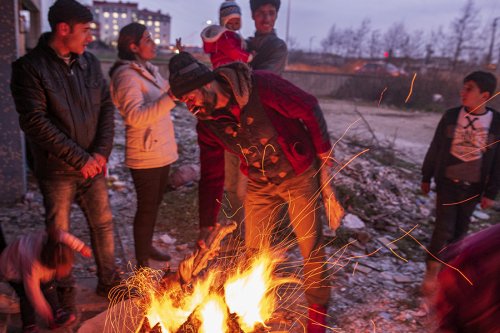
Most of the refugees that I talked to were from Afghanistan, Turkmenistan, Iran and Syria. What they told me was more or less the same:
"We fled war, we got exhausted, we suffered a lot. We lost everything. We left everything behind. We love Turkey a lot, but there is no job, no money, no health... We will die if necessary, but we will not return."
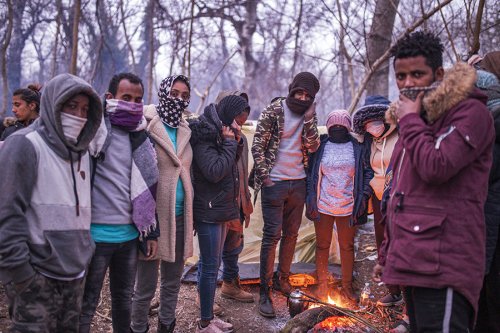
In the morning on March 6, refugees waiting on the shore of Tundzha River, around the bus terminal and villages were gathered and made to get on busses. While the ones who did not want to wait there any longer were sent back to İstanbul by bus, those who wanted to keep waiting were placed in a refugee camp at Pazarkule border gate.
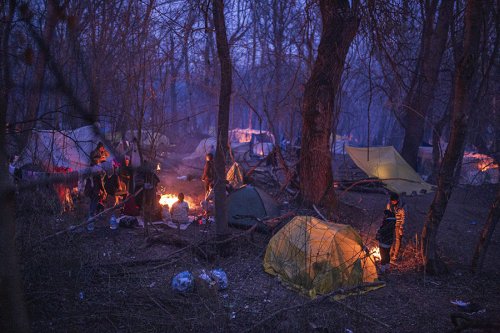
When I went there in early morning hours on the same day, I encountered hundreds of refugees in Karaağaç village, which is very close to the border. Some part of the border was fenced off with wire and soldiers were stationed every 10 meters for security.
In certain hours of the day, those fences were opened by soldiers in a controlled manner, refugees were allowed entry and exit from there, they walked to Karağaç, where they were then trying to meet their basic needs.
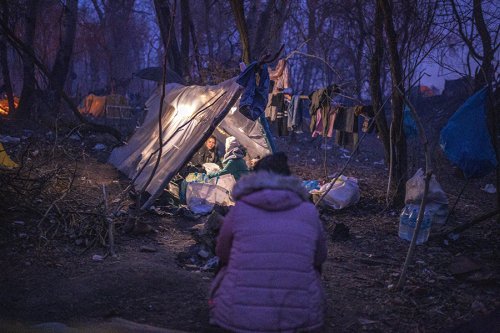
When the entry point on the border was about to close in the afternoon, refugees headed back to the other side of the border. Law enforcement officers were giving no chance or respite to anyone, including journalists, they were intervening quite aggressively.
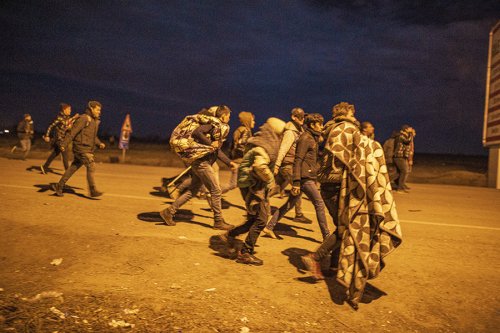
The refugees capturing those scenes with their phones were subjected to terrible insults and swearwords. Dozens of journalists had been detained over the past week. At last, I decided to enter the camp in secret, posturing as a refugee. Putting on the necessary disguise, I passed through the wire fence and entered the camp with other refugees.
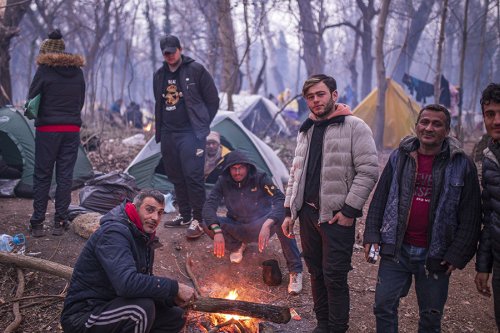
Muhammed and Cuma, two close friends who were only 19 years old and had just come from Syria, helped me out and ensured that I spent the night in camp area safe and sound.
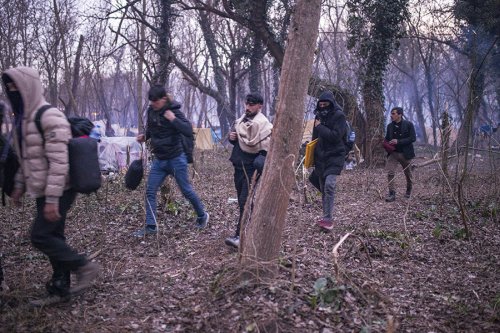
Since this process started on February 28, bitter conflicts had been continuing at Pazarkule border gate. Security forces of Greece and Turkey were exchanging tear gas and smoke grenades, the interventions of Greece were seriously wounding several refugees. As rubber bullets were also used during the conflicts, several refugees and tents were hit by those bullets. Babies and children were seriously affected by tear gas and smoke. The conflict continued all night long.
Not only were refugees affected by the intervention, they were also trying to struggle against the cold, which became harsher in early morning hours. As we got very cold all through the night, we sometimes had to light a fire. The voices of babies vomiting due to gas and the cries of children coughing with a cold were piercing through the night and hurting me deep inside. They were the ones who were affected the most by the 'human bazaar' between the states. I was right in the middle of the border where humanity was no more. I was astounded, sad and outraged in the face of all these.
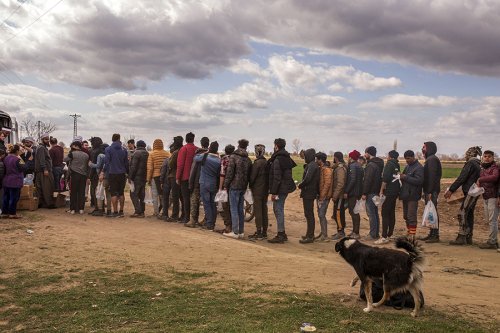
I was unable to sleep all night. While we were walking with Muhammed along the river early in the morning, I witnessed the horrible conditions of the camp area. Some of them were washing themselves in that cold, some of them were collecting wood from the forest to spend the night. When I got back to the tent, I encountered a kilometers-long aid queue. It took hours till refugees could finally get their aid.
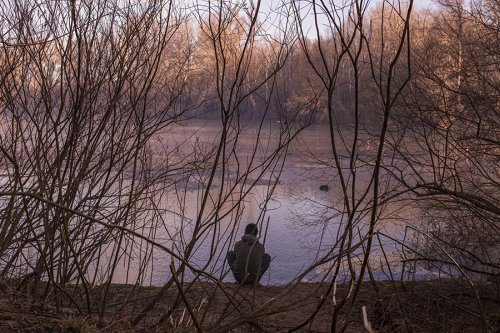
When conflicts turned bitter in noon hours, the wire fences were opened again in a controlled manner. And we decided to get out of there by taking this opportunity. From the point where I got out in secret, refugees were carrying other refugees that I did not know whether they were just wounded or dead. When I left the field and reached the village, I was tired and sad. Muhammed and Cuma had long headed for İstanbul, saying that they could no longer stand these conditions.
Despite all these hardships, refugees try to support each other by staying together. The law enforcement of Turkey is pressuring refugees into pushing the gates of Greece. Thousands of refugees have been anxiously waiting under very difficult conditions in the camp, which is in an extremely bad shape in terms of sanitation and hygiene... (DA/AS/SD)




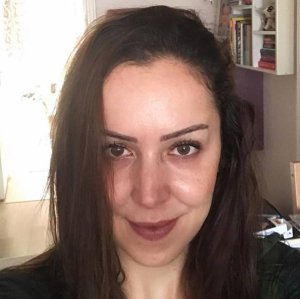
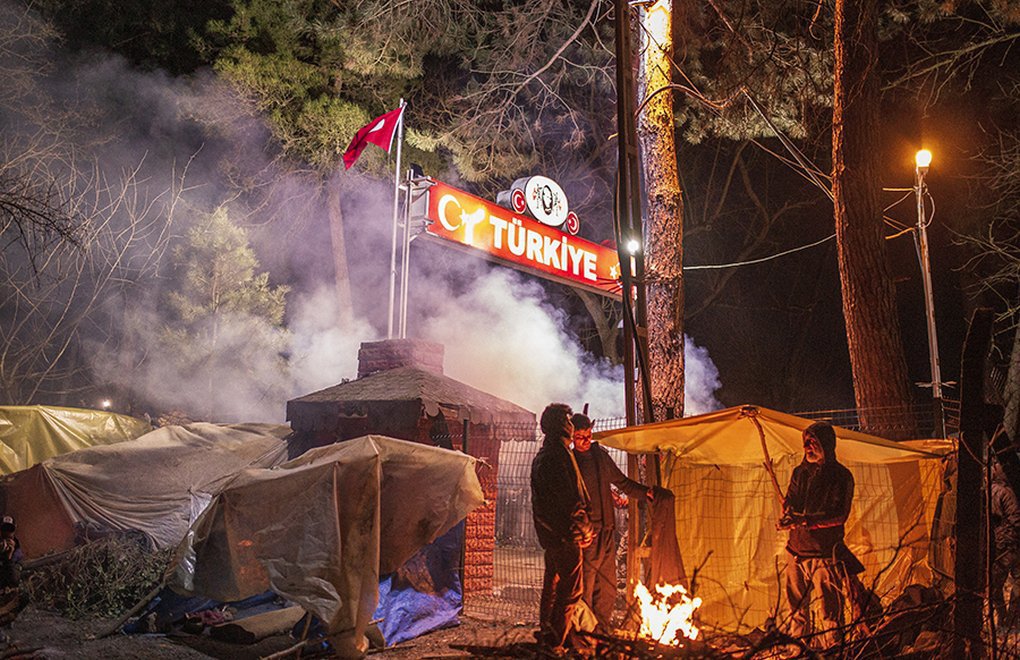
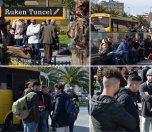
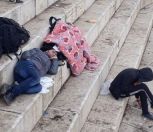
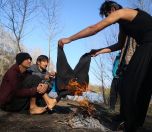
scns.jpg)
-132.jpg)
